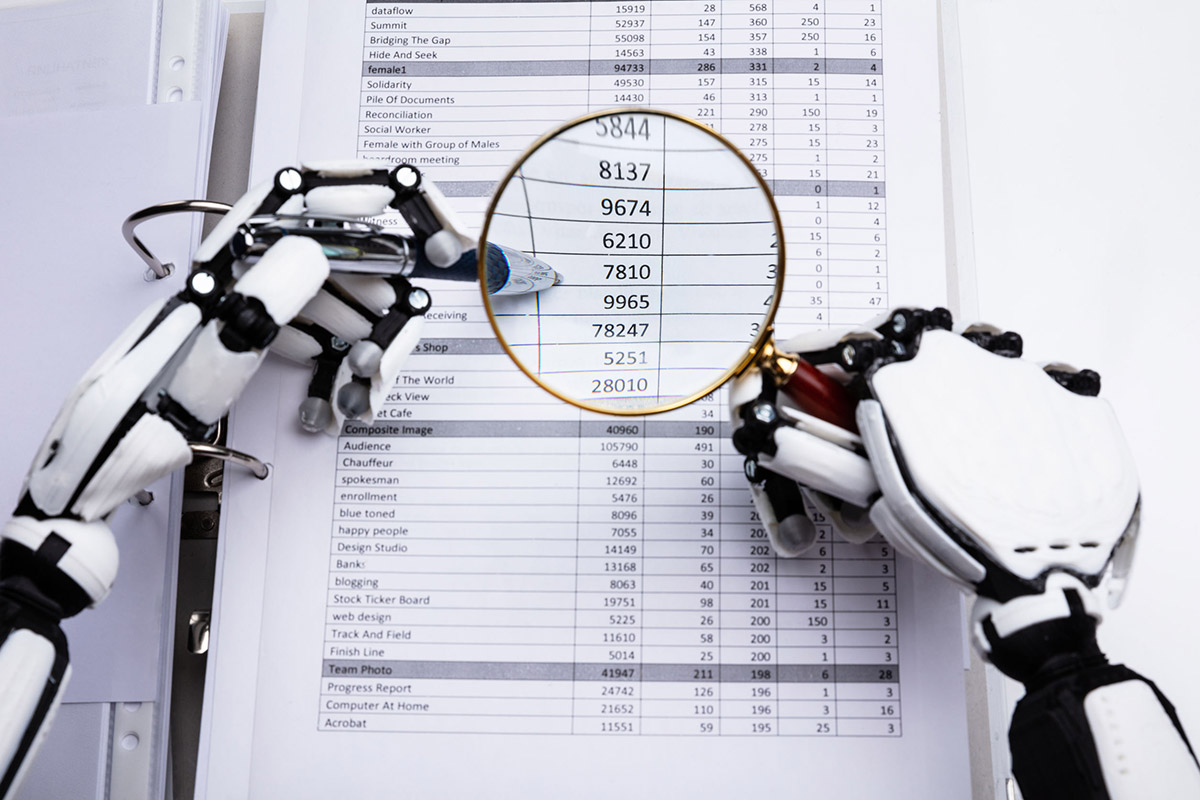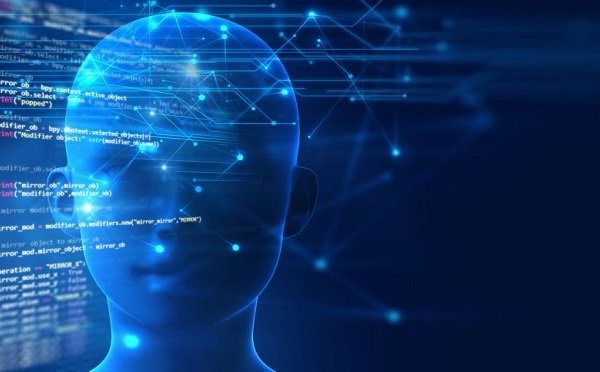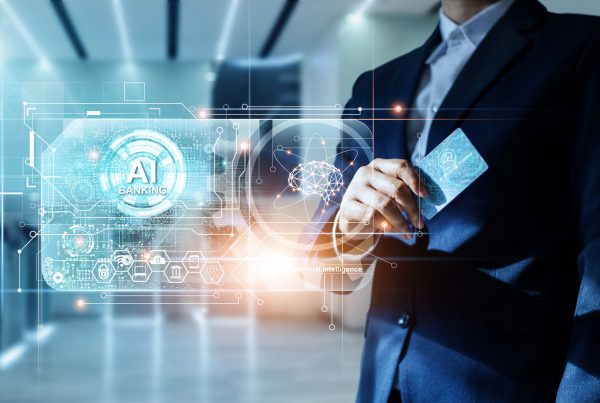If you work in a company or an organization that wants to improve the effectiveness of risk management and governance processes or just wants to improve the company overall, then you are probably familiar with internal auditing.
Internal auditing is a consulting activity which is conducted independent of an organization’s normal operations, with the objective to examine (“audit”) the operations and processes, to validate them (“assurance”) and to identify any shortcomings or risks and also to recommend steps to improve them.
However, it is more than likely that human error and human biases do play a part within these audits, and if not caught in time, these could cause potential harm and risk to the organization.
So what can be done to diminish potential risk and biases? The answer is artificial intelligence!
What is Artificial Intelligence?
Artificial Intelligence (AI) is a simulation of human intelligence processes by computers. A central hallmark of an AI system, is that it learns from each operating cycle (feedback loop), and thus improves its performance (becoming more “intelligent”) during each successive iteration by correcting its mistakes and improving upon them.
For example, some common applications of AI in everyday life…
- Automatic classification of certain incoming emails as “Spam” by your email program, and subsequent improvement in its performance as you correct any mistakes the program makes during its initial cycles of operation.
- When you are scrolling on social media, such as Facebook or when you are using search engines such as Google, you may see advertisements targeted directly for you, and then becoming better at showing you ads by remembering which ones you clicked on earlier and which ones you did not respond to.
So how does it work within an organization or company?
The AI Process
According to an article published by Forbes, AI analyzes and processes large amounts of data and develops an “algorithm.”
An algorithm is a fancy name for a set of rules for a machine to follow that allows the machine to take over time-consuming, repetitive, and tedious tasks that professionals may have to perform daily.
This then saves time and increases productivity/work efficiency for financial professionals and accountants. The AI algorithm can also quickly process vast amounts of data accurately and without growing weary or making mistakes due to lack of attentiveness!
With the algorithm set, patterns can then be identified from the mountains of data (thus giving rise to terms such as data mining!) and issues can be resolved more quickly and efficiently by leveraging these discovered “gems!” Some examples of this in the financial state would be the tracking of ledgers, transactions, and other records.
These detected patterns are even more useful as they are identified through continuous monitoring that is happening in real time.
Benefits of AI
Technology is a critical driver of efficiency and productivity in the internal audit function, according to Marc Eulrich and Adi Masli in their article The Use of Technology Based Audit Techniques in the Internal Audit Function – Is There an Improvement in Efficiency and Effectiveness?
The adaptation and use of AI have already taken place at some audit firms, according to The CPA Journal.
Auditor firms use AI to do tasks such as reading leases to identify key terms, patterns, and outliers. With this in effect, it allows auditors to focus on anomalies and potential high risk items.
Audit quality, speed, competition for efficiency, the continuous monitoring, the performance accuracy, and stress-free audits are the benefits of AI adoption in the workplace.
Does AI Replace Actual Workers?
AI does not replace actual workers, which could be a reason why many organizations and companies do not implement AI in their internal auditing.
However, AI and auditors can work together to enhance workflow and efficiency. AI does not replace an auditor’s decision making, judgment, or assessment interviews. It does enhance their effectiveness by giving them more tools and potential findings to work with.
As pointed by Eulrich and Masli , AI can help the internal audit process by accelerating the planning and execution of activities related to corrective and preventive actions.
Internal auditors can help an organization evaluate, understand, and communicate the degree to which AI will have an effect on an organization with an ability to create value. This can happen either in the short, medium, or long term.
Conclusion
AI provides many benefits for internal auditing that include improving workflow and efficiency and minimizing risk and harm by identifying them sooner.
AI can help auditors and financial professionals by taking care of tedious and time consuming tasks, thus saving time and increasing productivity and efficiency.
An AI algorithm is a self-learning process and it becomes more intelligent in identifying certain patterns and becomes quicker in resolving issues, over time, as it processes the correctness of each iteration and makes adjustments prior to the next cycle of operation.
In a quick and ever changing technological world, AI is an effective tool being adopted quickly into many companies and organizations to improve the work environment and lives of many people all over the world every day. Every day it shows further improvement and advancement.
Artificial intelligence is the future.






